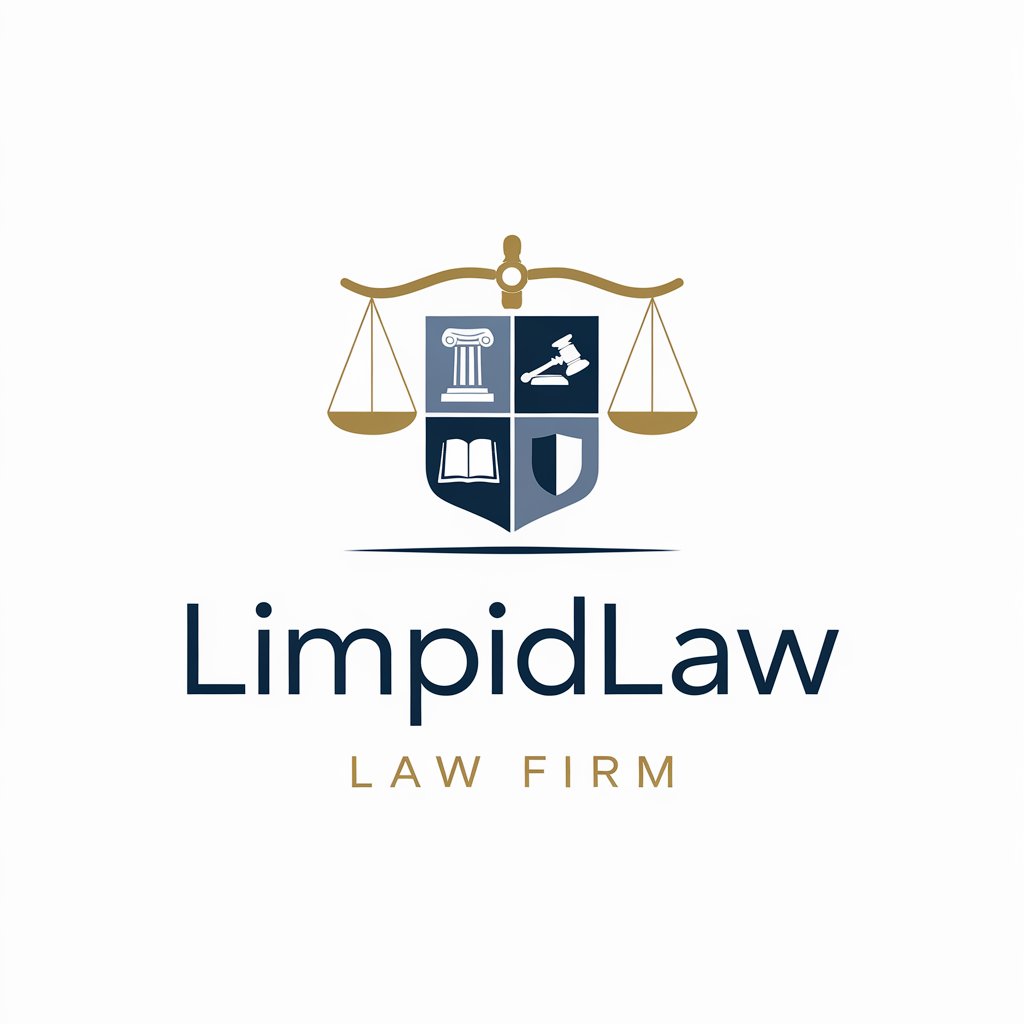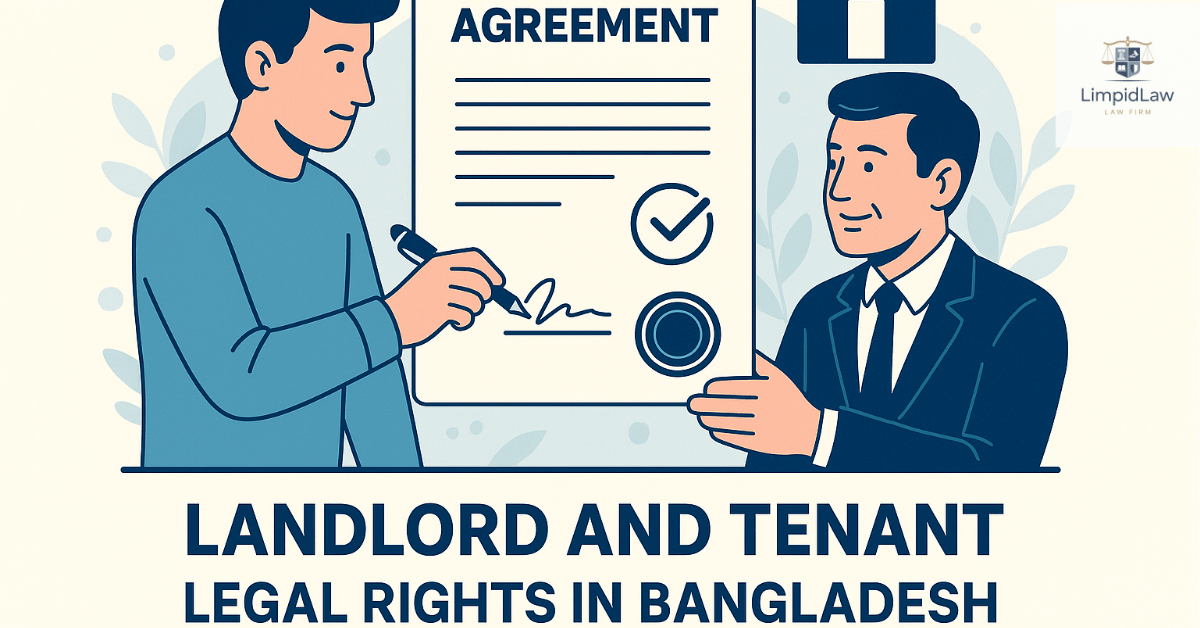The Legal Process of Buying Land in Bangladesh
Buying land in Bangladesh can be a lucrative investment, but navigating the legal process of buying land in Bangladesh can feel overwhelming if you’re unfamiliar with local laws. Whether you’re a local or a foreigner looking for land for sale in Bangladesh, understanding the land laws in Bangladesh, necessary land documents in Bangladesh, and the land registration in Bangladesh process is crucial. In this blog, we’ll break down the steps to buy property in Bangladesh, highlight key legal considerations, and answer common questions like “Can foreigners buy land in Bangladesh?” Let’s dive in!
Understanding The Legal Framework
Before jumping into a purchase or land sale in Bangladesh, it’s important to know the land ownership law in Bangladesh. The country follows a mix of colonial-era laws and modern regulations, with the Bangladesh land law primarily (among others) governed by:
– The State Acquisition and Tenancy Act (1950)
– The Registration Act (1908)
– The Transfer of Property Act (1882)
Foreigners face restrictions under the Bangladesh land purchase rules—they can’t buy land outright but can lease property for long-term use. Locals, however, have full ownership rights, provided they follow the proper legal process of buying land.
Step-by-Step: How to Buy Land in Bangladesh
The legal process of buying land in Bangladesh involves several important steps to ensure the transaction is valid, secure, and free of disputes. So, how do you actually go about buying property in Bangladesh? Here’s a simple breakdown of the steps involved:
Preliminary Verification and Due Diligence
Document Verification: The buyer must first verify the seller’s ownership by examining key land documents such as
-Title Deed for Proof of ownership
– Khatiyan (record of rights), CS, SA, RS records, and the latest survey documents like B.S. Jarip or City Jarip.
– Mutation Certificate: Confirms the transfer of ownership in government records.
– Up to date Land Tax Receipts: Shows that the previous owner has paid all taxes on the property.
These documents confirm the seller’s legal possession and ownership chain of the land.
Check for Encumbrances:
It is essential to check if the land is free from litigation, mortgages, leases, or government claims. This can be done by visiting the local Tohsil office, Upazila Land office, Deputy Commissioner’s office, or other relevant government departments. The buyer must confirm the land is not Khas land (government-owned land not available for sale), abandoned, or marked for acquisition.
Physical Verification:
The buyer should physically inspect the land to verify boundaries, size, and any existing structures. If there are buildings, the buyer should check approved building plans and permissions to ensure legality.
Conduct a land Survey:
A land surveyor (locally called Amin) may also be engaged to confirm the land area and boundaries.
Check Zoning Regulations:
Ensure the land is zoned for your intended use—be it residential, commercial, or agricultural. Consult local authorities or leasehold authorities, for example, the RAJUK etc. for zoning information.
Agreement and Payment
Sale Agreement:
Once due diligence is complete, the buyer and seller enter into a sale agreement, often called a Saaf Kabala deed or a land transfer deed in Bangladesh, which should be registered with the Sub-Registry Office. This agreement mandatorily outlines the:
– Details of the buyer and seller
– Description of the land
– purchase price
-payment terms, and conditions and more.
Sometimes, an advance payment or Biana agreement is signed to show commitment.
Payment:
Payments should ideally be made through bank transactions to maintain a clear record and that later on helps in tax calculation. The buyer should obtain receipts for all payments made.
Pay Applicable Taxes and Fees:
Before registration, both parties must pay the necessary taxes and fees as per Bangladesh laws, which may include Stamp Duty, Registration Fee and Capital Gains Tax etc.
The rates generally vary depending on the land value and location (or Mouza), so consult with your lawyer or the local Sub-Registrar’s Office for precise figures.
Registration of the Sale Deed
Submit Documents:
The buyer submits an application for registration at the relevant Sub-Registry Office along with the sale deed and proof of payment of registration fees and stamp duty.
Document Verification and Execution:
The Sub-Registrar verifies the documents and executes the registration process. A certified registration document is typically issued within a week, but obtaining the original registered deed may take around minimum a year or more.
Mutation Process (Updating Ownership Records)
Application for Mutation:
The buyer must apply to the Assistant Commissioner (Land) at the local Land Revenue Office to record the transfer of ownership in the government land records (Mutation Khatiyan). This involves submitting a detailed application with copies of the sale deed, previous Khatiyan, tax receipts, identification documents, and other relevant papers.
Survey and Approval:
The Tahsil office conducts a survey and sends a report to the Assistant Commissioner, who then approves the mutation and issues a new Khatiyan in the buyer’s name along with a Duplicate Carbon Receipt (DCR).
Timeline and Appeals:
The mutation process must be completed within 45 working days. If mutation is refused and Miscellaneous Case need to be filed, the buyer can then appeal to higher authorities such as the Assistant Commissioner (Land), Additional Deputy Commissioner (Revenue), Divisional Commissioner (Revenue), the Land Appeal Board and ultimately the High Court.
Special Considerations
Types of Land:
Certain land types require special permissions-
Waqf property requires approval from the Waqf Administrator.
Leasehold land requires permission from leasehold authority, for example, from RAJUK or CDA. Such leasehold authority works under the Ministry of Housing & Public Works.
Khas land cannot be sold or mortgaged since government is the owner of such land.
Land affected by river erosion (Shikosthi Jorip) is difficult to mutate. Need to checked with concern authority.
Legal Restrictions:
The buyer must ensure the land is not subject to an government acquisition or other legal restrictions.
Legal Assistance:
Consulting and engaging a lawyer is highly recommended because it can streamline the process and provide peace of mind to you in regard to verify documents and conduct due diligence. For legal assistance you can contact Limpidlaw.
Special Considerations for Foreign Buyers
Foreigners face certain restrictions when it comes to buying property in Bangladesh. Generally, non-resident foreigners cannot purchase land directly. However, they can:
Form a Company: Establish a company in Bangladesh and purchase land under the company’s name.
Lease Land: Enter into long-term lease agreements for commercial purposes.
Inherit land if married to a Bangladeshi citizen
It’s essential to consult legal experts to navigate these options effectively.
Implications of Non-compliance
Not following the rightful legal procedures can lead to serious issues. Without proper documentation, you might find yourself in a legal dispute or worse, losing your investment. Here are some potential repercussions:
- Loss of Property: If ownership isn’t established correctly, the land can revert back to the original owner or government.
- Financial Setbacks: Legal troubles could mean expensive litigation fees and possible loss of your investment.
- Market Difficulty: You may face challenges when trying to sell or develop the land without clear ownership proof.
Common Pitfalls to Avoid
– Fraudulent sellers – Always verify documents with a lawyer.
– Unclear titles – Ensure no disputes or unpaid taxes.
– Incomplete registration – Skipping mutation can lead to ownership issues.
Summary Checklist for Buying Land Legally in Bangladesh
Verify seller’s ownership with Khatiyan and other land records.
Check for legal encumbrances, litigation, or government claims.
Physically inspect the land and verify building approvals if applicable.
Draft and register a sale agreement with proper payment records.
Register the sale deed at the Sub-Registry Office with payment of fees.
Apply for mutation to update government land records.
Follow appeal procedures if mutation is denied.
Obtain all relevant permissions for special land types.
Engage a lawyer or law firm for all the above services and supports.
Frequently Asked Questions (FAQs)
Q1: Can foreigners buy land in Bangladesh?
A1: While buying property in Bangladesh as a foreigner isn’t straightforward. Generally, foreigners cannot purchase land directly in Bangladesh. However, foreigners can:
– Own property through a local company
– Inherit land if married to a Bangladeshi citizen
For more details, check the [Bangladesh Investment Development Authority (BIDA)](https://bida.gov.bd/) guidelines.
Q2: What documents are required for land registration in Bangladesh?
A2: Essential documents include the title deed, Khatian, mutation certificate, sale agreement, tax payment receipts, and identification documents.
Q3: How is property transferred in Bangladesh?
A3: Property is transferred through a registered sale deed at the local Sub-Registrar’s Office, following the payment of applicable taxes and fees.
Q4: What is the role of the Sub-Registrar’s Office?
A4: The Sub-Registrar’s Office handles the registration of property transactions, ensuring legal recognition of ownership transfers.
Q5: Are there any restrictions on land ownership in Bangladesh?
A5: Yes, there are restrictions, especially for foreigners. Additionally, certain lands, like khas land (government-owned), have specific regulations regarding ownership and use.
Q6: How is a property transferred in Bangladesh?
A6: Through a registered kabala (sale deed) at the Sub-Registrar Office, followed by mutation.
Q7: What are the key land documents in Bangladesh?
A7: They are as follows:
– Title deed
– Mutation records
– Tax receipts
– Encumbrance certificate
Q8: Can NRBs (Non-Resident Bangladeshis) buy land?
A8: Yes, NRBs have the same rights as locals as long as they can show any kind of proof of ID regarding Bangladeshi citizenship.
Q9: How long does land registration take?
A9: Typically 1-2 days, depending on paperwork and office efficiency.
Conclusion
Purchasing land in Bangladesh involves navigating a complex legal landscape. Whether you’re a local or exploring buying property in Bangladesh as a foreigner** by understanding the legal process of buying land in Bangladesh, conducting due diligence, and seeking professional guidance, you can make informed decisions and secure your investment.
Have questions? Contact Us—we’d love to help!
This guide simplifies the process—now you’re ready to make an informed decision. Happy investing!
#SaifulRajib; #BangladeshProperty; #LandBuyingGuideBD; #RealEstateBangladesh; #BangladeshLandLaw



